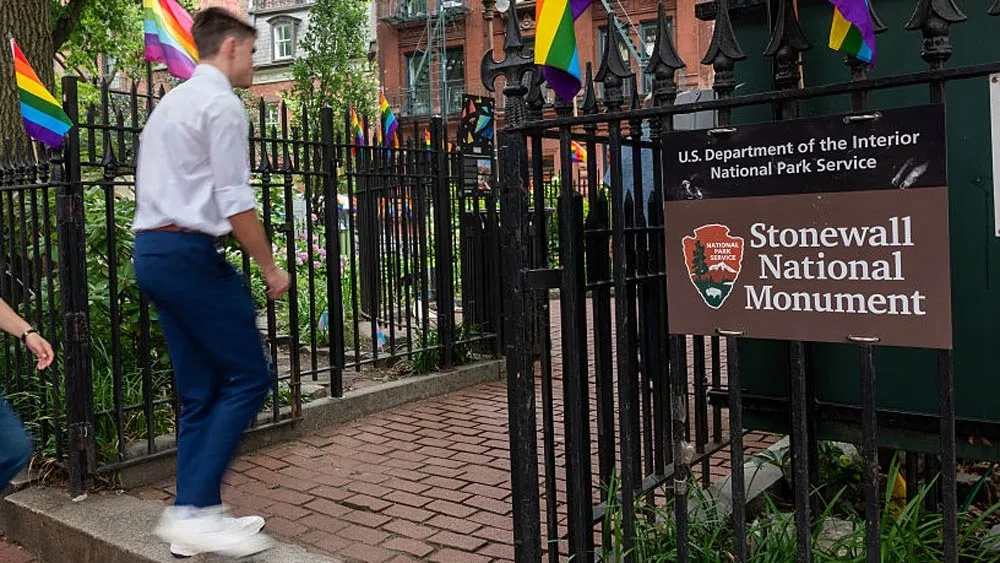October 23, 2017
Positive Women's Network USA Launches Interactive Multimedia Series
READ TIME: 4 MIN.
Positive Women's Network - USA Launches #PWNCares, featuring a series of short videos in which real women living with HIV address important topics, followed by virtual coffee table chats offering real-time conversation and Q&A.
Who should I tell? How is my life going to change? Can I still have children? What does this mean for dating? An HIV diagnosis leads to hundreds of questions that cannot be answered by a prescription alone. With a generous Positive Action for Women grant from ViiV Healthcare, Positive Women's Network - USA, the premier membership organization of women living with HIV in the U.S., is combining the wisdom and expertise that come from lived experience with multimedia technology to connect and support recently diagnosed and/or isolated women living with HIV as they seek answers through our new project, #PWNCares.
In a series of short videos, women with HIV, including women of trans experience, will share their experiences, the wisdom they have learned through years of living with the virus and encouragement for women who are struggling with their diagnosis. Following release of each video, the stars of each film will also lead web-based "coffee table conversations" where they can talk directly to participants online.
Participants will be able to ask questions confidentially, share concerns, get advice from peers, and find support and resources to help them move forward. The videos, which will be available on YouTube as well as in a downloadable format through PWN-USA's website, will be accompanied by a discussion guide for use in support groups or educational settings. PWN-USA will be working with media partners, AIDS service organizations, medical providers, and community-based organizations to disseminate the series and reach women who can most benefit from it.
"As peer-led services for people with HIV are disappearing, we are thrilled to launch #PWN Cares, which will fill a critical gap: supporting women living with HIV during moments of isolation," said Naina Khanna, executive director of PWN-USA. "Feeling alone is a major barrier to engagement and retention in care. Many women, especially outside of major urban centers, may not know any other women living with HIV. Our goal is to provide them the tools, knowledge, and support they need to make healthy decisions for themselves and live life to the fullest -- while also offering a pathway into a national community of women living with HIV."
The first video and virtual coffee table chat, "PWNCares: Living and Loving Well with HIV," will launch Monday, October 23, at 1 p.m. EDT, right in time for PWN-USA's fourth annual National Day of Action to End Violence Against Women Living with HIV. The video features three women living with HIV, including a woman of trans experience, discussing their experiences with intimate partner violence, how they found the strength and support to leave those relationships and what a healthy relationship looks like for them today.
All three women interviewed, as well as a special guest panelist from the National Network to End Domestic Violence's Positively Safe program, will take questions and share more of their own experiences and lessons learned in the virtual coffee table conversation. The video will be aired at the opening of the coffee table chat, which is open to all women living with HIV including women of trans experience, and will be available for viewing and sharing on YouTube and for download on our website on or before October 23. Participants in the virtual coffee table do not need to use their real names or other identifying information to participate. Register at bit.ly/pwncares1 or https://zoom.us/webinar/register/WN_ogl43dXVRgWNy3hkA3ii3A.
"I'm pleased to be able to share my experiences living in and getting out of an abusive relationship with other women living with HIV, in hopes that they may be able to recognize red flags early and avoid falling into the same trap," said Venita Ray, who is featured in the first video. "I hope that the women living with HIV who watch the video and participate in the online conversation will walk away understanding that living with HIV does not make them any less entitled to a healthy, supportive relationship and intimacy than anyone else, or than they were before their diagnosis."
For more information, visit https://pwn-usa.org


